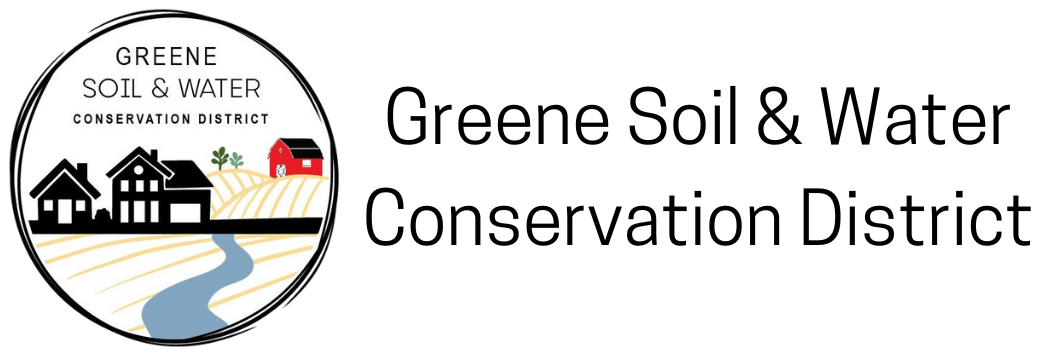Ohio Drainage Law
Ohio Drainage Law
Ohio Drainage Law legally addresses drainage rights and runoff issues. The reasonable use doctrine frequently applied by the Ohio Supreme Court permits broad latitude in the interpretation of individual rights as they pertain to drainage. It states “A possessor of land is not unqualifiedly privileged to deal with surface water as he pleases, nor is he absolutely prohibited from interfering with the natural flow of surface waters to the detriment of others. Each possessor is legally privileged to make a reasonable use of his/her land, even though the flow of surface waters is altered thereby and causes some harm to others. He incurs liability only when his harmful interference with flow of the surface water is unreasonable.”
The laws are not easily summarized. However, most people who work in the area of drainage or water management would agree to the following:
- Landowners are entitled to reasonable use of the water that flows across their land as long as it is returned to its natural water course. This includes ponding water behind a dam for personal use or making drainage improvements to protect structures.
- Landowners are generally required to accept the water that flows onto their property in a natural water course, so long as no additional water from another watershed has been added to such flow; subsurface drainage that has been installed for more than 21 years is considered a natural water course.
- Landowners are generally obligated to outlet a natural water course onto their downstream neighbor at the same point the water left the property prior to any development on the site. Changing the flow of water (i.e. volume, direction, or velocity) in a matter that causes damage to an upstream neighbor may result in legal liabilities for damages.
- At this time, the authority to issue orders or resolve conflicts over water rights or drainage problems between neighbors lies with the common pleas court. Serious disputes between landowners are often settled in court on a case by case basis. The exception may be the few cities which have drainage or storm water ordinances.
- The Greene Soil and Water Conservation District can provide assistance to landowners who voluntarily wish to improve drainage on their own property.
The Ohio Laws that govern water rights and drainage are very complex. Disputes between landowners are often settled in civil court on a case by case basis and can be very expensive. The District encourages a cooperative effort between landowners to solve these problems, for it's usually the most successful method for all parties involved. Simply put, water should enter and leave your property where it did prior to earth disturbing activities. A landowner is entitled to reasonable use of the water that flows across his/her land, as long as it's returned to its natural course. This includes ponding water behind a dam for personal use or making drainage improvements to protect structures. The District has assembled some commonly asked questions to help clarify these water rights issues.
